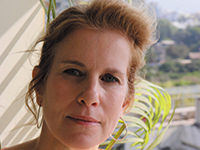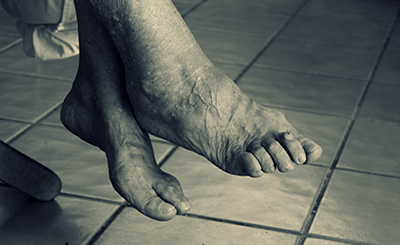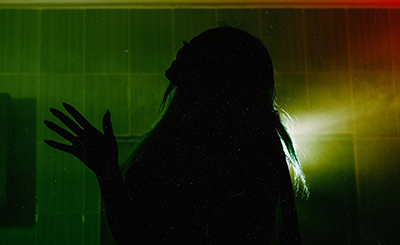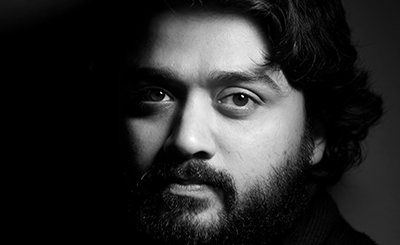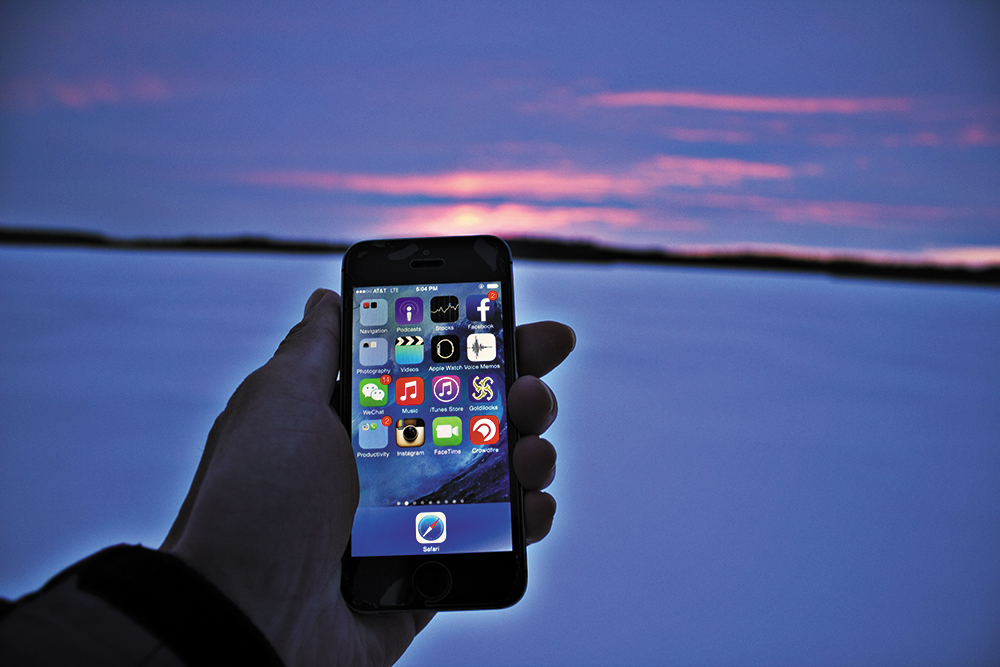
As I sit here at my desk typing, I’m feeling mildly anxious. Just a slight bit,really. Minutes ago, I returned from a long marvelously sweaty yoga class, stretching my body beyond its usual limits. Ending in delicious “shavasana“, laying on my back arms and legs outstretched and nearly floating. But now as I sit typing, I am thinking about my missing mobile phone. I imagine it bouncing along in a rickshaw, in the brown khaki shirt pocket of the driver. Or perhaps tucked somewhere behind his back — one foot folded under him as he hurtles along the road.
Losing your cellphone can take the shavasana right out of you. All that life information, the numbers, the notes, the photos. Sure, maybe you are diligent and backup your phone. But when was the last time you did it? Or like me, do you avoid having it all ‘on the cloud’ and cling to some vague notion of privacy, now feeling more like stupidity?
This morning I rushed from the flat to get to my class, hopped into a rickshaw and bounced along. My mind focused on the time, then how empty the road seemed. Few cars but the usual swarm of rickshaws rushing up to each other and then swerving around like reckless dance partners.
As I reach my destination, I unzip my small pouch and fish around among the crumpled receipts, the pens and the thoroughly wrinkled scrap of paper I keep just in case I have to actually write something down. I find the twenty rupees I had deliberately tucked in that morning. Time to clean out that pouch, I tell myself. It’s only a quick ride, and as I hop out and turn to pay the driver, I look into his face and smile. It’s perhaps one second but one of those moments where time stretches and I register his eyes, youthful and wide, his face smooth and open. No smile, but no apparent judgment.
I reach the classroom and place my pouch on the floor, my tiny bottle of water, my long-sleeved shirt. I remove the band from my yoga mat and remember to mute my phone. My phone. My phone. But I have no phone. Not on the floor, not in my pouch. Did I drop it in the rickshaw? Wouldn’t I have heard it hitting the metal floor? Was it not in my hand? Could it have slid from my lap across the smooth bench seat, flying out one of the open cab sidesand plunking into the road, its clattering sound swallowed by the rickshaw horns and engines? I see the face of the driver which briefly imprinted on my brain. Now, I am not superstitious. Not really. But why, of all the many rickshaw rides I have taken, did I register this driver’s face? Was it a warning I ignored?
I tell myself I likely left my phone on the kitchen table. ‘You’ve no need for that companion here,’ I think. I push the thought of my phone out of my head and dive into my class — mind and body.
When I return home, my phone is not on the kitchen table, not resting next to my bed. I call it from my husband’s phone. There is silence in the house. I listen through several rings. Did whoever has taken my phone, shut it off? The first step a good phone thief would take. I should know. I’ve been through this before.
Experience has been my teacher, leaving me more detached and somewhat philosophical. This is not the first time I’ve lost a phone, nor the second. This is the third time.
Now hold your clucking tongues and shaking heads in judgement, as I relate one adventure my mobile had. The one from which I really learned:
Before moving to Mumbai, I lived in Shanghai, China for several years. One winter, my older son and I took a brief trip to Nanjing, China’s capital during the Ming dynasty. It is also the site of one of modern history’s horrific events. There in that ancient city, my mobile vanished.
It is a bitterly cold day. The kind that stiffens your fingers even through wool gloves. My son Noah and I hurriedly walk along the city’s 14th century walls and hop into a taxi. I stuff my mobile phone deep into my coat pocket, and burrow my hands into sleeves. Huddling under my woolen layers, I shiver in the back seat as we race to get to the famed Temple of Confucius, our last stop before the sun sets.
The taxi stops near an intersection, and I climb out of the back, glancing at the empty seat for anything left behind. As my son pays the driver, I jump up and down outside the taxi, clapping my gloved hands together to generate warmth. We rush off, jogging to stay warm and beat the setting sun.
“Stop!” I shout as we near the temple grounds. “Let me just get a quick photo of you here by the Confucius statue, before the sun sets.” I reach into my pocket for my phone and feel nothing but a wadded piece of tissue. Not there? Not in my other pocket either. I pull off my backpack, prop it against a nearby bench, and begin fishing through the contents. A deep trawl produces no phone. I begin to panic.
“I know I had my phone. I just had it.” “Ok, ok, you’ll find it,” Noah assures me. I dump the contents of my bag, then spread them all out. I turn my bag upside down and shake it. Now my heart really sinks. “Where did you last see it?” he asks. “That’s the problem. I’m certain I put it in my pocket.” He calls my phone. No nearby ring. “Let me retrace my steps, maybe I dropped it.” And we pace back and forth outside the temple. What would Confucius have thought of my dilemma? Perhaps he would have turned to me and sagely said, “Life is really simple, but we insist on making it complicated.” Perhaps he would have dismissed me with, “Can’t you be more careful?”
But farewell Confucius, I need to find my mobile. “Let’s go back to the intersection where I could have dropped it getting out of the taxi.” Slowly with our heads down, we scan the ground as we walk. Pushing past pedestrians, ignoring souvenir peddlers, we struggle to ignore the delicious smells drifting from snack shops.
Noah calls my phone as we hunt. No answer. The light is nearly erased from the sky as we reach the intersection to comb the sidewalk and road edge. “So many taxis drop tourists here, someone could easily have swiped it,” I say hopelessly. We’ve both been studying Chinese and now we tax that knowledge to ask waiting drivers if there’s radio chatter about a found mobile. Silly.
I call my phone one more time. Now I hear the phone company message in Mandarin. As if a stranger’s hand reaches out from the unknown, I feel a slap: someone somewhere has shut off my phone.
Despair, some panic. You probably all know the feeling.
My children and I talk often about the relationships we have with our phones — that constantly demanding friend, that alien extension of our bodies. We may feel off balance without it. A device that’s killed eye contact. That companion who sucks all the attention away from the flesh and blood kind.
Never mind that now, where’s my phone?
I suddenly remember: This is China. Aren’t cameras everywhere? Noah and I look up at nearby streetlamps, hunting for signs of Big Brother. We stop a policeman to ask if a nearby station might lead us to any video and a lead. ‘Go back to your hotel,’ we are advised. ‘There will be a police station near there, and you can report the phone missing.’
We ride glumly back to our hotel, staring out at passing cars and shops now lit against the darkness. Where out there is my phone now?
Back at our hotel, we find a helpful concierge who speaks excellent English. Kevin Chen is sympathetic, but tells us the odds are slim. The usual routine of the local phone thief would be to shut the phone off, remove the battery, sell the phone quickly. Still, he suggests, we can head to the local police station to file a report.
I can’t say that the Chinese police have a warm and friendly reputation, but a pleasant young policeman behind a front desk, quickly calls over a supervisor to assist. The older man speaks no English, but understands our basic Mandarin tale. He seems encouraging and, nodding confidently, begins to write rapidly on a scrap of paper. I sense progress, but as the paper turns to a confusing scrawl, I get the disheartening jist: Go back to where you lost the phone. The camera images will be at that station. “But can’t you simply call them? Can’t youhelp?” No, no, we must go in person. He smiles broadly and hands us his scrap of paper.
Back on the dark street, I turn to my son, “Forget it, let’s just forget it.” We are tired and hungry and don’t have an appetite for another ‘run around’ with the Chinese police. We walk quickly back to the hotel and inform the helpful concierge. Once in our room, I call Shanghai and relate the saga to my younger son. “Did you have on “Find my phone?” Harry asks? I confess I’d disabled it because my battery was too weak. “Let me send a message in Chinese to your phone: If found, and my number.” Noah and I then head off to find dinner.
The next day is our most important stop: The Nanjing Massacre Memorial. It’s a moving, and thought-provoking memorial. Hours pass quickly pondering photographs, personal artifacts and testimonials. Pondering man’s inhumanity to man. The specter of lost phone vanishes from my brain.
But just as we enter the last section, Noah’s phone receives a message from my younger son: “Someone has found Mom’s phone! I sent them your number. Here’s the number the message came from.”
Now the urgency of my lost phone leaps back into my brain. But I’m torn, “I’d just made peace with losing my phone. I had let it go.” I move to a corner to call the number. A shrill voice answers. Her Chinese is nearly impossible to understand. “Let’s go back to the hotel and get the help of the concierge,” my son says. “Let’s walk through this last part,” I urge him feeling guilt at my shifting priorities. “We should go now, that person may change her mind and sell the phone,” he warns. We rush on, weaving through a memorial garden path and out to the street to flag a taxi.
Our driver is lively and chatty and we are happy to understand his jokes. Perhaps he can help. I explain the situation, then call my phone. The shrill voice answers and then a first question, “Are you a foreigner?” I hand off the phone to the driver and he talks quickly in local dialect. ‘Now we’re getting somewhere,’ I think. But suddenly he shouts,“Wei, Wei?” (Hello, Hello?). He hands Noah his phone. She’s hung up on the driver.
Now the game has changed. She’s asked if I’m a foreigner and then hangs up on the local. She clearly wants something and wants to extract it directly from me. But she’s made a possible error. We have her number.
Page
Donate Now
More from The Byword
Comments
*Comments will be moderated



